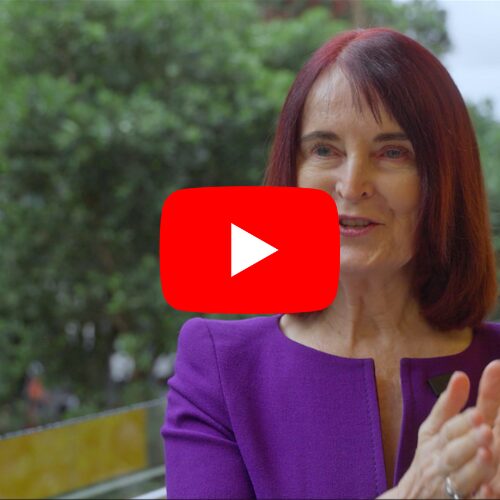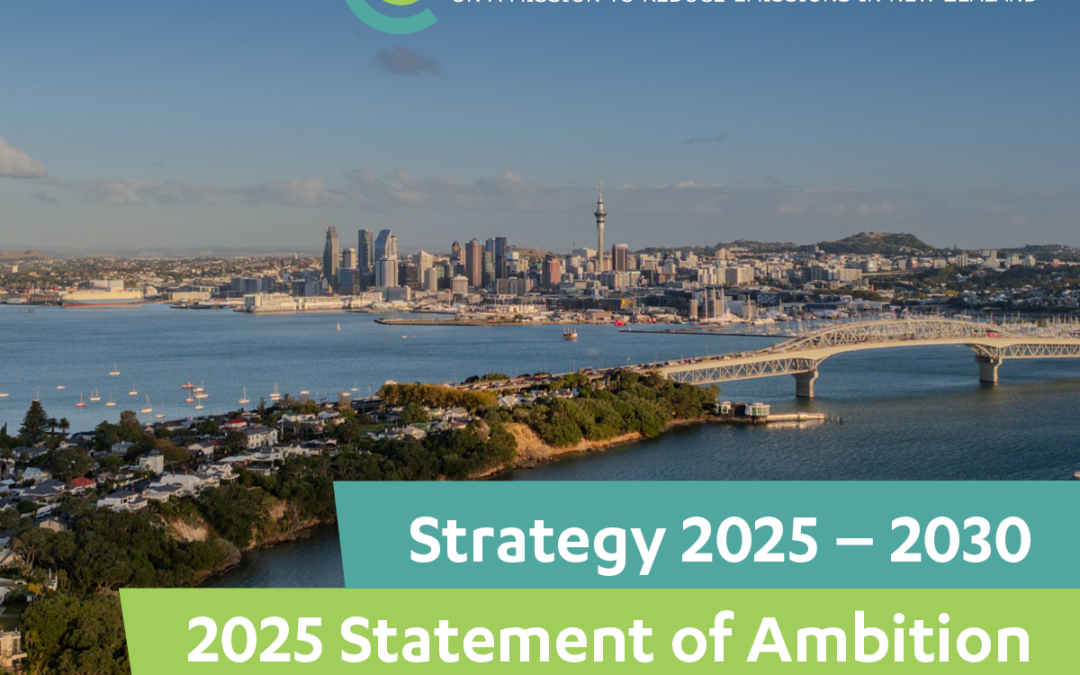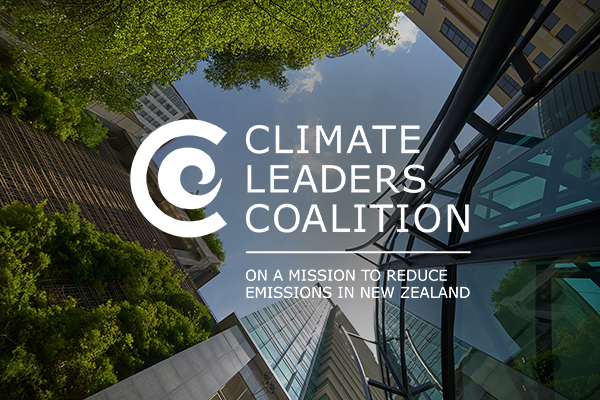News
Latest from the Coalition

Climate Leadership Insights: The B Team Australasia
Lynette Mayne, Executive Chair of The B Team Australasia, recently visited Aotearoa New Zealand for the launch of the Climate Leaders Coalition’s new Statement of Ambition and refreshed strategy. In this Q&A, Lynette shares insights into the work of The B Team...

Climate Leaders Coalition launches next chapter
The Climate Leaders Coalition (CLC) is this morning unveiling a new Statement of Ambition and refreshed Strategy, marking the next step in business-led climate action in New Zealand – just as COP30 concludes in Belém.

SBC Hot Seat with Shannil Varma (CLC Manager)
This week, we've got Shannil Varma, Manager of the Climate Leaders Coalition (CLC), in the hot seat. Shannil's role sits within the Climate and Nature team at SBC (which is the secretariat organisation for CLC), and he oversees all the day-to-day operations and...

Climate Leaders Coalition re-commits to ambitious climate action with new convenor
The Climate Leaders Coalition welcomes Genesis CEO Malcolm Johns as the Coalition’s new convenor, succeeding Spark CEO Jolie Hodson MNZM. Since 2018, the CEO-led Coalition, made up of 87 signatories and accounting for around 30 percent of New Zealand’s GDP, has helped...
Search all news

Port Nelson joins Climate Leaders Coalition in tide shift towards low-emission economy
Port Nelson has joined 108 other organisations pledging their support to help reduce emissions in New Zealand.
The Climate Leaders Coalition is a collective of signatories who make up 60 per cent of New Zealand’s gross emissions, nearly a third of private sector GDP, and employ more than 170,000 New Zealanders.

Newsroom column – CEOs need to talk tough to National on climate
A coalition of business leaders says the Zero Carbon amendment bill has to be ambitious and have all-party support in order to drive our transformation to a low carbon economy. And that means they need to have words with the National Party, says Rod Oram.

Stuff joins global climate change coverage
The world’s media are taking a strong stance on climate change coverage.
Covering Climate Change is bringing together over 60 media organisations around the world, including Stuff, to reframe climate change coverage.

Gisborne CEOs join climate change fight
Two of Gisborne’s biggest organisations have committed to tackling the “climate crisis” by reducing greenhouse gas emissions through the Climate Leaders Coalition. Established in July 2018, the coalition (CLC) includes some of New Zealand’s largest businesses, which collectively account for 60 percent of the country’s greenhouse gas emissions

SkyCity to put climate change guide in hotel rooms alongside Gideons’ Bibles
SkyCity is putting a copy of the world’s most celebrated guide to reversing climate change in each of its hotel rooms.
Chief executive Graeme Stephens referred to the book as the “new Gideons’ Bible” while speaking at the first anniversary of the Climate Leaders Coalition, which is a group of more than 100 large companies aiming to make their businesses climate-friendly.

NZ’s biggest greenhouse gas emitters and their struggles to pollute less
A few large companies are responsible for the majority of New Zealand’s greenhouse gas emissions. Who are they and what hope is there that they can do what’s required to make the country carbon neutral? Joel MacManus and Anuja Nadkarni report.
Every year, New Zealand pumps out 80 million tonnes of greenhouse gases into the atmosphere.

Hastings company tackles climate-changing whiteware – one fridge at a time
A Hastings-based company is spearheading a project to tackle one of the most potent but least known causes of climate change in New Zealand.
The gases PFC and HFC used in refrigerants are 9000 times more potent than carbon dioxide contributing more to climate change than any other gas.

IAG/IPSOS Poll – Kiwi concern grows about climate change
IAG New Zealand has released the results of its second annual survey of how New Zealanders view climate change.
The poll found that the number of Kiwis who feel the issue of climate change is important to them personally has grown to 79 per cent, from 72 per cent last year.
Sixty-nine per cent said that they have become more concerned about climate change over the past few years – up from 60 per cent.

Climate Change Minister welcomes ambitious new pledge from Climate Leaders Coalition
The Minister for Climate Change has welcomed a new and stronger pledge from the Climate Leaders Coalition (CLC) to reduce greenhouse gas emissions in line with what’s needed to limit warming to no more than 1.5 degrees Celsius.

Business heavyweights up their climate change pledge
A coalition of companies making up nearly two thirds of New Zealand’s gross emissions has upped its pledge to combat climate change, as it reports taking an equivalent 264,000 cars off the road since it launched one year ago.
The Climate Leaders Coalition – including major business players like Fonterra, Sanford, Air New Zealand, Spark, Kiwirail, The Warehouse Group and Westpac – marked its one-year anniversary today by releasing a snapshot of its progress.

Newshub – IAG/Ipsos poll – Kiwi agree more needs to be done to combat climate change
New Zealanders are more concerned about climate change than ever before, but only half of us know what we personally need to do to make a difference.
What’s worse, only half of us believe our actions will be effective.

Waste Management backs new Climate Leaders Coalition pledge
Waste Management NZ Limited is marking the first anniversary of The Climate Leaders Coalition by reaffirming its commitment to curb global warming.
The company, New Zealand’s leading resource recovery, recycling and waste management provider, is signing a new pledge announced today by the Climate Leaders Coalition.
